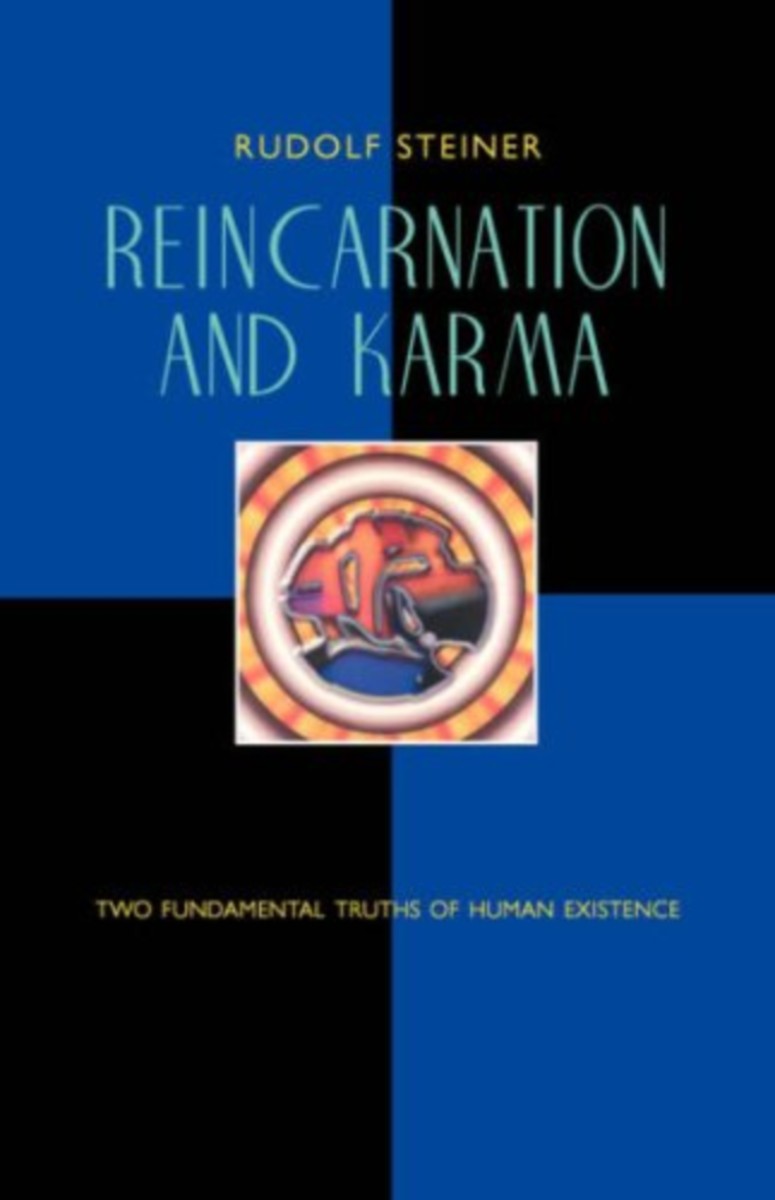Reincarnation and Karma
Two Fundamental Truths of Human Existence (CW 135)
- Publisher
SteinerBooks - Published
1st May 2001 - ISBN 9780880105019
- Language English
- Pages 104 pp.
- Size 5.5" x 8.5"
5 lectures, Berlin and Stuttgart, January-March 1912 (CW 135)
“Just as an age was once ready to receive the Copernican theory of the universe, so is our own age ready for the ideas of reincarnation and karma to be brought into the general consciousness of humanity” (Rudolf Steiner).
Rudolf Steiner introduces the West to his detailed, scientific knowledge of reincarnation and karma. He provides concrete descriptions of the ways individuals transform during the course of successive incarnations and specific examples of how karma works. Steiner also provides practical exercises that lead us to experience the reality of reincarnation. He believed that, by experiencing the reality of successive earth lives, we can form a foundation for a spiritual understanding of the relationship between humankind and the cosmos.
These talks contain some of Steiner's most important teachings on reincarnation and karma. His examples and exercises can lead us to direct knowledge of the laws of reincarnation and karma.
Topics include: How to perceive directly the part of our being that passes through many lives on earth; how to develop a "feeling memory," which we need before we are able to experience reincarnation; thought exercises for gaining knowledge of reincarnation and karma; examples of how karma works between incarnations; how knowledge of reincarnation and karma affects our moral life.
This volume is a translation from German of Wiederverkörperung und Karma und ihre Bedeutung für die Kultur der Gegenwart (GA 135).
Rudolf Steiner
Rudolf Steiner (b. Rudolf Joseph Lorenz Steiner, 1861–1925) was born in the small village of Kraljevec, Austro-Hungarian Empire (now in Croatia), where he grew up. As a young man, he lived in Weimar and Berlin, where he became a well-published scientific, literary, and philosophical scholar, known especially for his work with Goethe’s scientific writings. Steiner termed his spiritual philosophy anthroposophy, meaning “wisdom of the human being.” As an exceptionally developed seer, he based his work on direct knowledge and perception of spiritual dimensions. He initiated a modern, universal “spiritual science” that is accessible to anyone willing to exercise clear and unbiased thinking. From his spiritual investigations, Steiner provided suggestions for the renewal of numerous activities, including education (general and for special needs), agriculture, medicine, economics, architecture, science, philosophy, Christianity, and the arts. There are currently thousands of schools, clinics, farms, and initiatives in other fields that involve practical work based on the principles Steiner developed. His many published works feature his research into the spiritual nature of human beings, the evolution of the world and humanity, and methods for personal development. He wrote some thirty books and delivered more than six thousand lectures throughout much of Europe. In 1924, Steiner founded the General Anthroposophical Society, which today has branches around the world.


